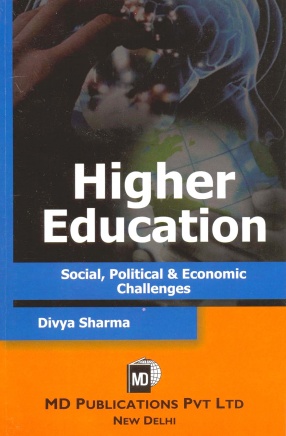
M D Publications Pvt. Ltd.

341 books
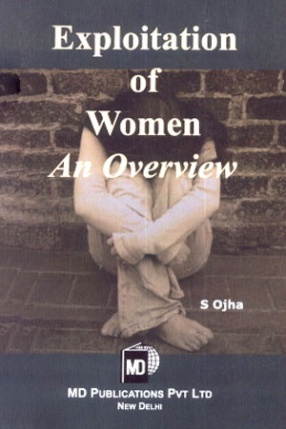

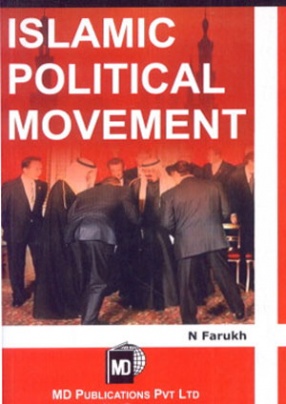
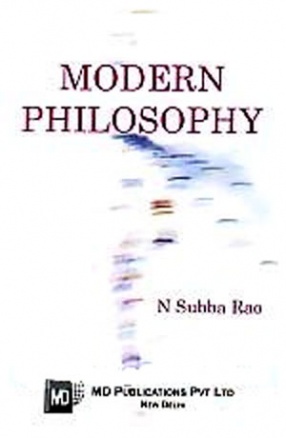
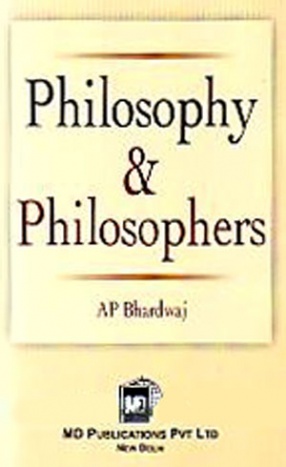
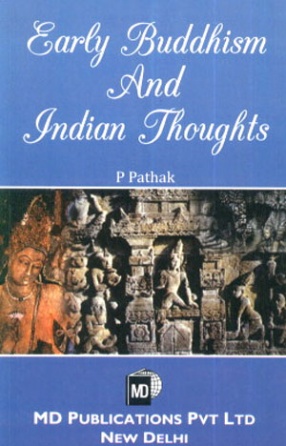
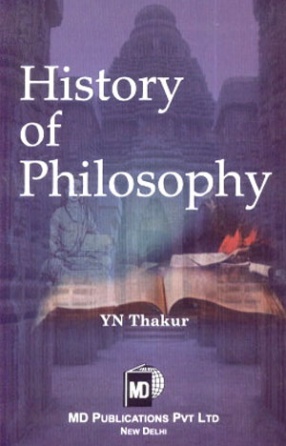
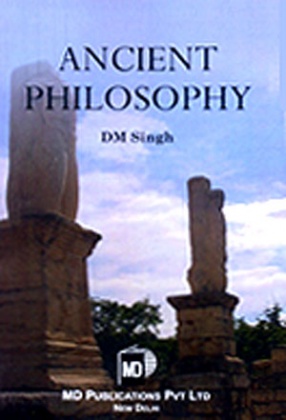

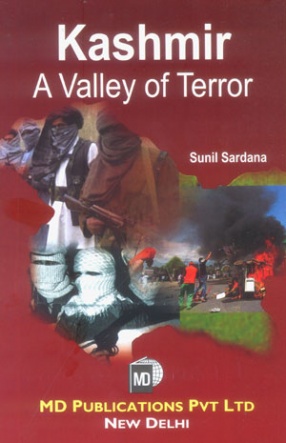
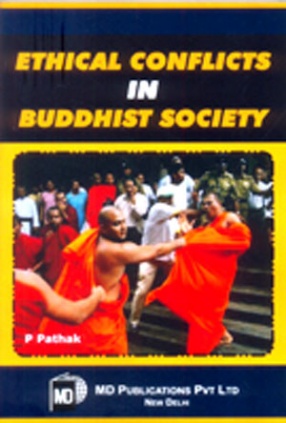
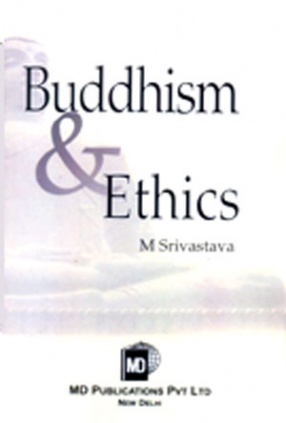
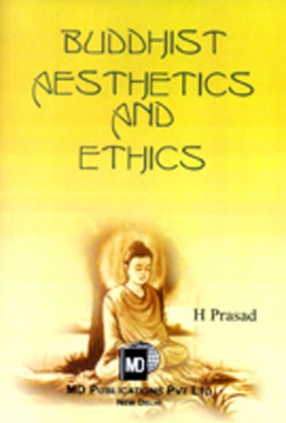
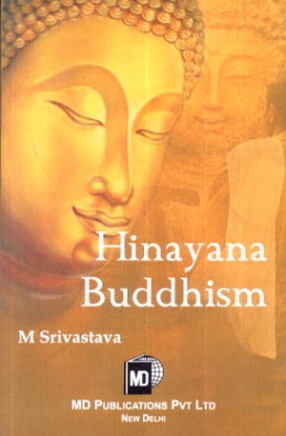
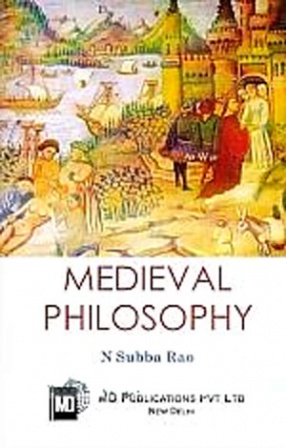

Higher education has developed in numerous ways. The issues such as autonomy and accountability, the impact of technology, the growing role of markets and the privatization of higher education, the role of research and teaching, various efforts toward curriculum reform, and the massive expansion that has characterized higher education systems in most countries have all played important roles in the development of higher education. Universities are international ...
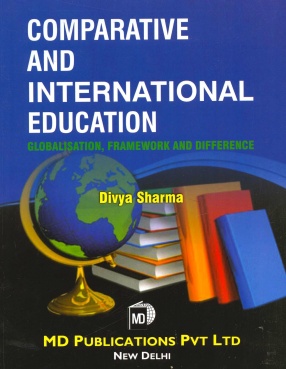
Comparative education is a fully established academic field of study that examines education in one country by using data and insights drawn from the practises and situation in another country, or countries. Programs and courses in comparative education are offered in many universities throughout the world, and relevant studies are regularly published in scholarly journals such as Comparative Education, International Review of Education, Mediterranean Journal of ...
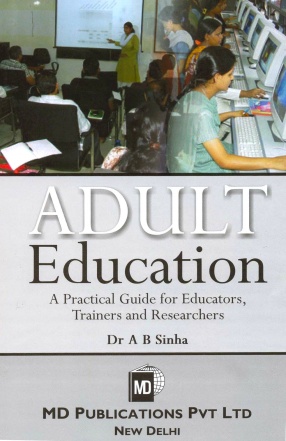
Adult education is the practice of teaching and educating adults. Adult education takes place in the workplace, through Extension College or school of continuing education. Other learning places include folk high schools, community colleges and lifelong learning centers. The practice is also often referred to as Training and Development and is often associated with workforce or professional development. It has also been referred to as Andragogy to distinguish it ...

Although the early settlements in cyberspace have tended to be male dominated diversity does exist on the Internet. In fact a 1994-95 study revealed that women comprise 34% of Internet users. Feminism as it came of age in the opposition to nature and life. Postmodern feminist theory of the 1980s on the other hand can be called technomania rather than technophobia because it extolled the notion that technology was creating a race of cyborgs.
Cyberspace is a medium ...
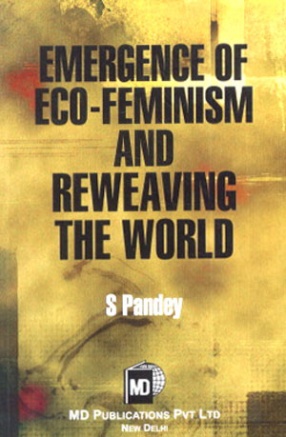
Eco feminism is a joining of environmental feminist and womens spirituality concerns. As the environmental movement along with environmental crises raised the consciousness of women to the decay of the earth they began to see a parallel between the devaluation earth and the devaluation of women. Women began to see the link as not a false construction of weakness but as a strong unifying force that clarified the violation of women and the earth as part of the same ...
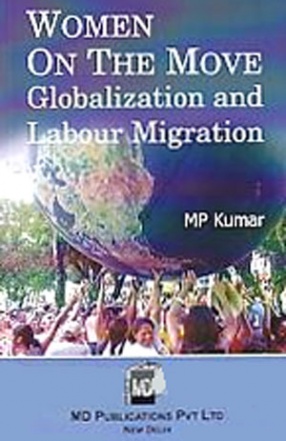
Has had such negative consequences for women and children that some commentators argue that 'globalisation is a man'. Globalisation has contradictory effects on women. Those who assign male gender to globalisation are right to point to how women's role in reproduction and the family means they suffer more from the effects of the neo-liberal agenda--but that's only half the story.
It has also brought great freedom to women, especially those living in traditionally ...
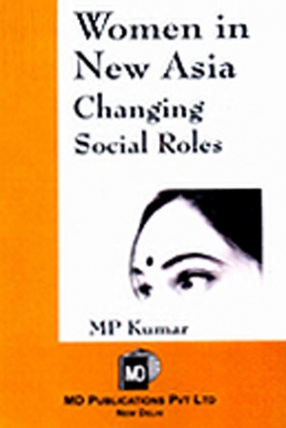
Cultural values become manifest in cultural norms and behaviors. Gender roles and the implications of these expectations on Asian women are particularly relevant. Traditional Asian gender roles prescribe for women to place the role of wife and mother above all others; men are expected to be the family breadwinner and spokesperson. Asian cultural values consequently encourage distinct spheres for men (e.g., work) and women (e.g., home) and a gendered household ...

Throughout the world, women still suffer from discrimination and oppression, for no reason other than their gender. In essence, the plight and suffering of women is the same for all of us. Today, major issues such as peace, social and economic development, and the spread of democracy have become unavoidably entangled with the issues of women. The systematic and violent exploitation of women takes many forms, depriving women of their most basic freedom, robbing ...

The Buddha intended his philosophy to be a practical one, aimed at the happiness of all creatures. While he outlined his metaphysics, he did not expect anyone to accept this on faith but rather to verify the insights for themselves; his emphasis was always on seeing clearly and understanding. To achieve this, however, requires a disciplined life and a clear commitment to liberation; the Buddha laid out a clear path to the goal and also observations on how to live ...
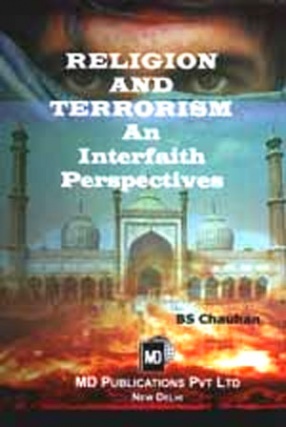
Religion means a strong belief in a supernatural power or powers that control human destiny and terrorism means the calculated use of violence (or the threat of violence) against civilians in order to attain personal goals at whatever basis they may be. In the modern age, after the decline of ideas such as the divine right of kings and with the rise of nationalism, terrorism more often involved anarchism, nihilism and revolutionary politics, but since 1980 there ...


Jan Lokpal bill is prepare to establish a central government anti-corruption Institution called Lokpal, supported by Lokayukta at state level. As in the case of Supereme Court & cabinet secretariat the Lokpal will be supervised by the Cabinet Secretary and the Election Commission. As a result it will be completely independent of the Government and Free from Ministerial influence in its investigations. The members will be appointed by the Judges, Indian ...



Buddhism is a world religion, which arose in and around ancient Magadha, (modern Bihar), and is based on the teachings of Siddhartha Gautama, who is known as the Buddha. It spread outside of Magadha starting in the Buddha's lifetime, and with the reign of the Buddhist Mauryan Emperor Ashoka, spread across India and became the dominant religion.Buddhism arose in India during a period of intense intellectual and social ferment. It was a period during which the ...

History of Philosophy is an essential introduction to a vast body of writing about history from classical Greece and Rome to the modern world. This book explains the crucial differences between speculative philosophy as an enquiry into the content of history, and analytic philosophy of history as relating to the methods of history. This book provides a comprehensive survey of historical thought since ancient times. Its clear terminology and lucid argument will ...

The tradition of ancient philosophy is a long, rich and varied one, in which a constant note is that of discussion and argument. Method in Ancient Philosophy brings together on a broad subject of central importance. It is characteristic of human beings that they direct their activities by reasoning, but methods of reasoning, even towards the same ends, vary. The views of the ancient Greeks have had considerable influence upon our own assumptions about the ...

Islamic art encompasses the visual arts produced from the 7th century onwards by people (not necessarily Muslim) who lived within the territory that was inhabited by cutlrually Islami poulations. It includes fields as varied as architecture, calligraphy, painting, and ceramics, among others. Typically, though not entirely, Islamic art has focused on the depiction of pattern and Arabic calligraphy rather than on figures because it is feared by many Muslims that ...

Kashmir is crucial to achieving peace and stability, without which the US and Pakistan strategy is unlikely to succeed with international eyes focused on South Asia, understanding what is at stake Kashmir has never been more important. For decades, the dispute over the valley of Kashmir, famed for its beauty and tranquility, has determined much of Pakistan's and India's foreign policy. With the state, located between 2008 terrorist attacks on Mumbai, the ...

It is well-known that Buddhism is the most ethical of religions. An important part of the Noble Eightfold Path relates to the development of ethical conduct; for many a layperson Buddhist practice consists mainly in the keeping of the precepts; many Bhikkhus see in the Vinaya rules the essence of the religious life; and even many of the paramitas expected of those aspiring to Buddhahood are ethical in nature.The experience of suffering is the starting point of ...

Ethics basically involves leading life in a right manner and making right decisions about moral issues. In Buddhism, there is no God. So, it is up to human beings themselves to perform right action and make this world better. Buddhism considers behaviour ethical only if it does not cause harm to one self or other. It is also noteworthy that in Buddhism, ethical beaviour is necessary not only because it is based on right or wrong but also because it is the means ...

Aesthetics is a branch of philosophy dealing with what is beauty. It studies the qualities of nature of the beautiful and makes judgments concerning beauty. The primary aesthetic concept at the heart of Buddhist culture is the aspiration of leading a holy life. In Buddhism, beauty is not for beauty's sake. It has been viewed as an incentive for those who aspire to the holy life. Buddhist concept of aesthetic is a beauty of things imperfect, impermanent, and ...

Hinayana or Lesser Vehicle dates back to around 500 BCE, making it one of the oldest forms of Buddhism still in existence. It can still be found in Sri Lanka and some areas of Southeast Asia and focuses on monasticism and the struggle to achieve a saintly life. It is because it is focused on this, rather than on attaining complete enlightenment and Buddhahood it is called the “Lesser Vehicle”. Hinayana Buddhism follows the basic principles of the Pali ...

Medieval philosophy, the subject of this volume, is a distinct tradition within the history of western philosophy. four sub-traditions are Arab philosophy which took place in Islamic lands and was written usually in Arabic, though sometimes in Persian, Jewish philosophy the work of Jews in Islamic and Christian countries, written in Arabic or Hebrew, Latin philosophy produced in the countries of Christian Europe where Latin was the main language of higher ...
